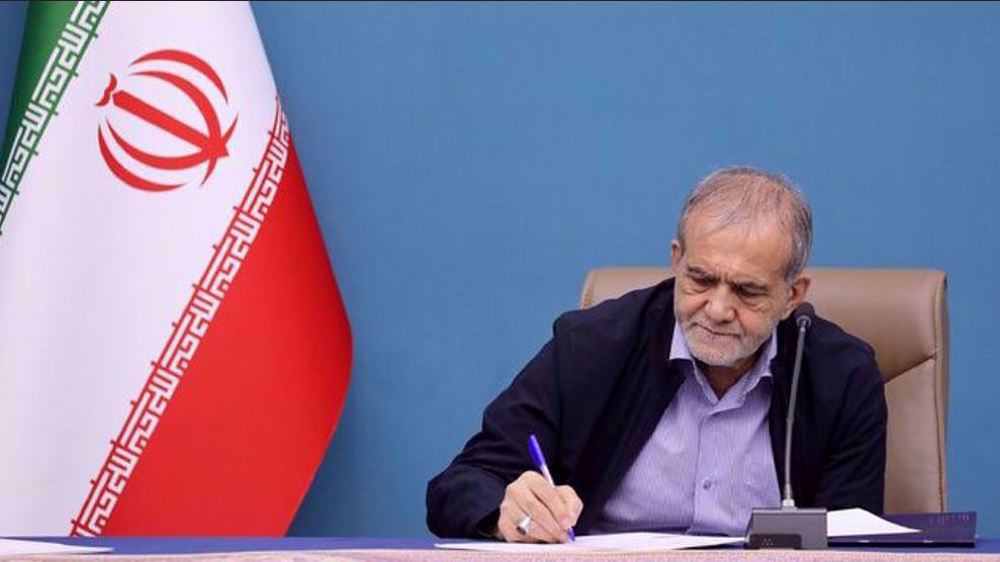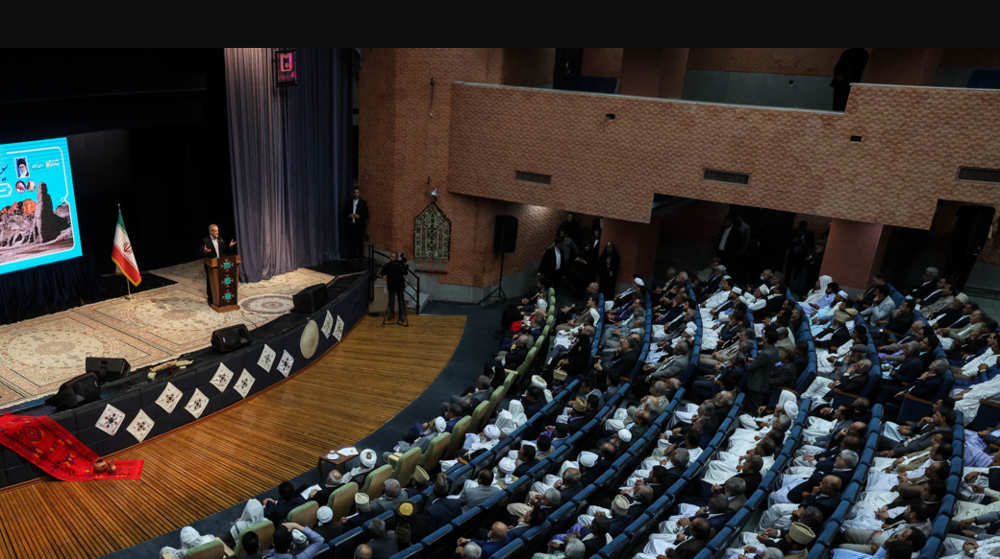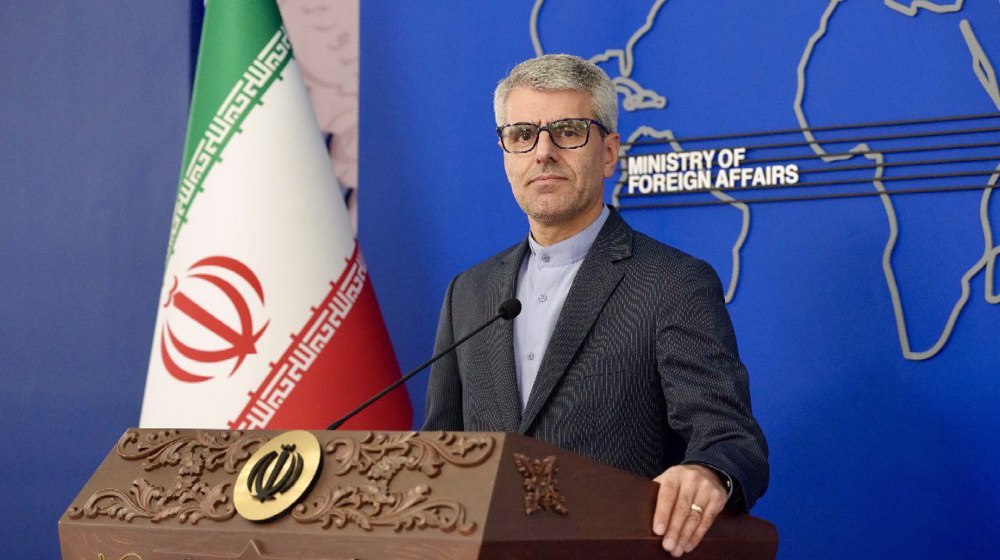Iran,Turkey say regional stability can only be restored through 'synergy'
Iranian Foreign Minister Mohammad Javad Zarif says both Iran and Turkey have a common stance that stability will be restored to the region only through “synergy”.
Zarif made the remarks in a post on his official Twitter account on Friday at the end of his visit to Turkey where he held “constructive, friendly, and fruitful” talks with President Recep Tayyip Erdogan and Foreign Minister Mevlut Cavusoglu.
Constructive, friendly, & fruitful conversations in Turkey with President @RTErdogan & FM @MevlutCavusoglu.
— Javad Zarif (@JZarif) January 29, 2021
Discussed expansion of bilateral ties & regional cooperation—Syria, Iraq, & the Caucuses.
Concurred that the only way to restore stability in the region is thru synergy. pic.twitter.com/f1pdKknXWH
He said ways to expand bilateral relations, regional cooperation and the latest developments in Syria, Iraq and the Caucasus were among main topic raised in his conversations with the Turkish authorities.
The top Iranian diplomat emphasized that Tehran and Ankara “concurred that the only way to restore stability in the region is thru synergy.”
In the meeting between Zarif and Erdogan, the sides discussed issues of mutual interests, including a six-country regional cooperation platform, which include the three Caucasus countries – Georgia, Armenia, Azerbaijan -- plus Russia, Turkey, and Iran (also known as a 3+3 format cooperation mechanism).
The initiative was proposed by Azeri president Ilham Aliyev following a ceasefire agreement in November that halted weeks of conflict between Armenia and Azerbaijan over the disputed Nagorno-Karabakh region.
Karabakh is internationally recognized as part of Azerbaijan, but has been occupied by ethnic Armenian separatists since 1992 when they broke from Azerbaijan in a war that killed some 30,000 people.
The latest armed conflict between the two countries erupted on September 27 last year and ended on November 10 through a Russian-brokered truce.
As part of the truce agreement, Armenia returned swathes of territory it had occupied for decades to Azeri control.
The agreement was signed after the Azerbaijani army overwhelmed Armenian forces and threatened to advance on Karabakh’s main city of Khankendi, which Armenians call Stepanakert after a 19th-century Bolshevik militant.
The truce, which was warmly welcomed as a victory in Azerbaijan, has prompted anger in Armenia, with protesters demanding the resignation of Prime Minister Nikol Pashinyan.
Zarif and Erdogan also agreed to follow up on issues of common interests and reach a targeted level in trade cooperation, increase railway network between the two countries, expand cooperation in Iraq and Syria, boost trilateral cooperation with Afghanistan and provide the Palestinian people with more support.
Zarif, who was in Turkey on the fifth leg of his regional tour, also discussed mutual issues and the latest regional and international developments with his Turkish counterpart.
Pointing to the importance of Tehran-Ankara ties and common interests, Zarif exchanged views with Cavusoglu on cooperation in the fields of transit, trade and energy as well as mutual efforts to solve problems facing Iranian and Turkish enterprises and economic actors.
He also briefed the top Turkish diplomat on Iran’s stance on the significance of restoring peace and stability to the region at the end of armed conflict between Azerbaijan and Armenia over the disputed Nagorno-Karabakh region.
Cavusoglu, for his part, pointed to the importance of his country’s relations with Iran and urged the implementation of agreements already signed between the two sides on transportation, trade and energy.
Zarif and Cavusoglu also discussed cooperation on the deadly coronavirus pandemic and its vaccines.
Hezbollah attacks Israeli forces after Lebanese homes blown up
World leaders, states hail ICC arrest warrants for Netanyahu, Gallant
MP: US accountable for possible Israeli 'foolishness' to attack Iraq
VIDEO | Israeli policies strangle Palestinian agriculture, economy
Iran's president offers condolences to Pakistan over terrorist attack
Canada’s Yukon town council at standstill over refusing oath to King Charles
Yemen's Houthi calls for jihad to protect Palestine against Israel
VIDEO | Internal rifts within Israel












 This makes it easy to access the Press TV website
This makes it easy to access the Press TV website